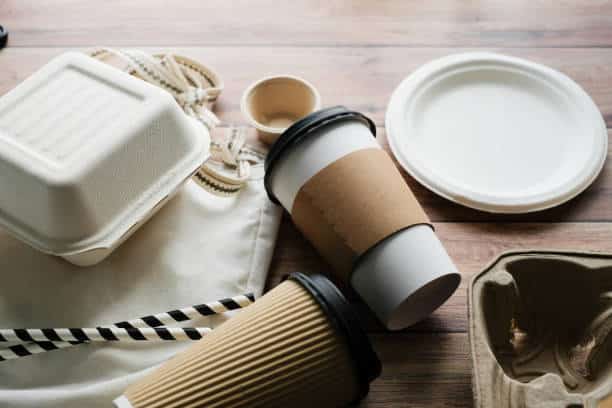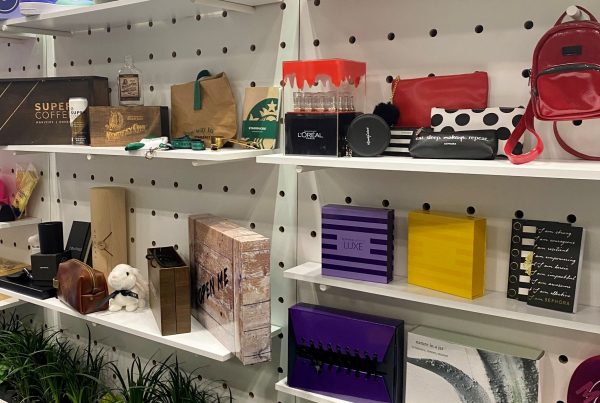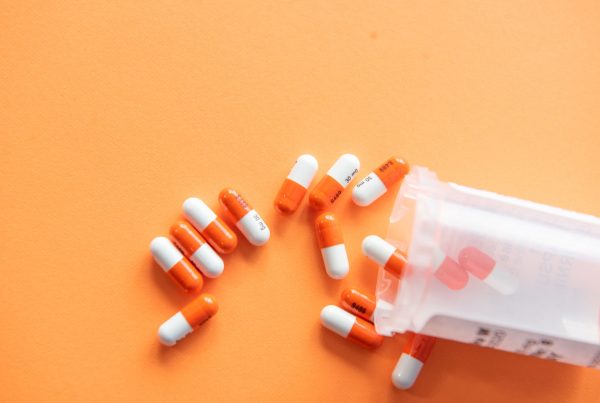Sustainable drinks packaging is an issue that has been at the forefront of the headlines over the past few weeks. Plastic packaging, in particular, has come under fierce criticism with hundreds of MPs recently having written a letter calling on major supermarkets to scrap plastic packaging.
So, what does the future hold for drinks packaging? The future trends for drinks packaging revolve around two core requirements: sustainability and design (click here to find out more about the key design and artwork trends for 2018).
The key for brands is to ensure that packaging doesn’t lose its character in attempts to make packaging more sustainable. The big trend in 2018 continues to focus on improving the sustainability of drinks packaging by encouraging recyclability.
30% of adults now consider recyclable packaging ‘important’ when choosing a drink to buy, this was selected more than the brand (26%) and the aesthetics of the bottle (9%).
This is even more important amongst the millennial generation, where 59% say they look for beverages in packaging made from renewable materials. In addition, the consensus amongst millennials is that cartons and glass are best placed to protect freshness, with 87% of Millennials believing some packaging made from non-renewable material can leave undesirable chemicals in their beverages.
Other common trends to drive sustainability in drinks packaging include
- Reduction in plastic used in bottle caps
- Reducing cap sizes
- Reduction in the amount of packaging
- Utilisation of thinner packaging
In addition to this, there is an emphasis on finding ways to use technology to improve the sustainability of packaging. Coca-Cola, for example, has partnered with the University of Reading and is working on developing a system using smart dispensers and microchipped refillable bottles in an attempt to solve the problem of packaging waste. The system allows students and staff at the University to access their drinks with refillable bottles, which reduces their own packaging footprint. The current microchipped bottles cost £9.95 and include two free fills; the chip can then be used in a similar way to contactless card payments. Alongside making Coca-Cola eco-friendlier as a brand, the use of smart technology will allow Coca-Cola to further develop its customer base as the technology can be used to track trends and gain useful insights.
For more information on how we can support your packaging needs, please contact us at hello@weareamnet.com
Tags : sustainable, packaging, plastic, recycle, design, renewable materials, refillable bottles






